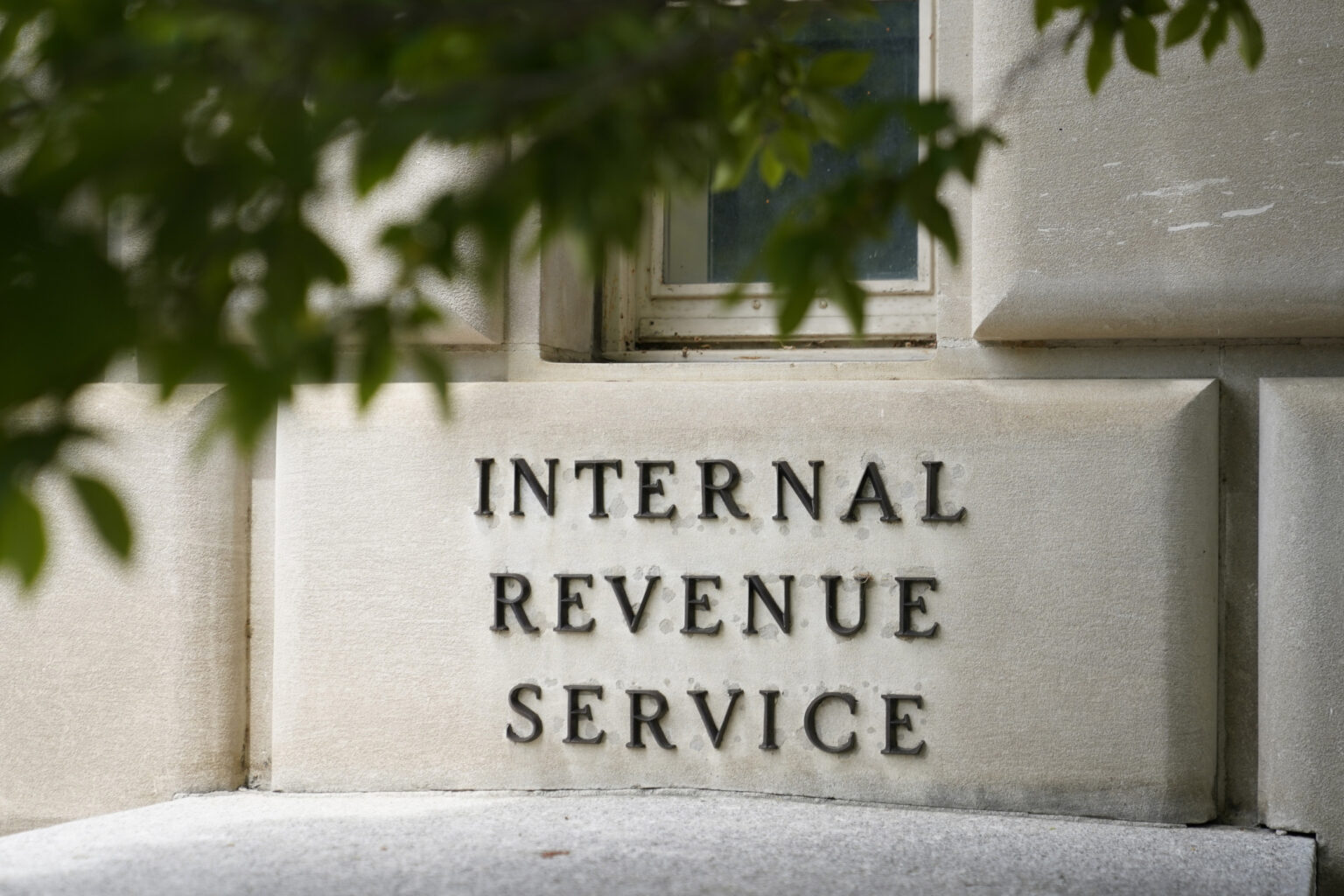The IRS says pastors who endorse political candidates from the pulpit should not have to risk losing their tax-exempt status — and now it’s asking a federal court to interpret the law accordingly.
In a joint legal filing, the IRS and a coalition of Christian media and religious groups urged that the Johnson Amendment is not enforced against sermons and religious speech delivered through “usual channels of communication” during worship services. That interpretation, if adopted, would carve out a broad exemption for faith-based political endorsements made in churches.
The request came in a filing submitted in Texas federal court, where the IRS and the National Religious Broadcasters Association — a prominent evangelical media consortium — are seeking to end an ongoing lawsuit over the issue. The filing asks the court to prohibit the government from enforcing the Johnson Amendment against the plaintiffs.
The Johnson Amendment, enacted in 1954 and named after then-Sen. Lyndon B. Johnson, bars tax-exempt organizations, including churches, from formally endorsing or opposing political candidates. Although seldom enforced, it has long been a source of tension between religious groups and federal regulators.
The plaintiffs, which include the NRB and several religious leaders, filed the lawsuit last August, arguing the amendment violates their First Amendment rights — specifically, the freedoms of speech and religious exercise. In Monday’s court filing, the parties called for the Johnson Amendment to be interpreted so it “does not reach communications from a house of worship to its congregation in connection with religious services through its usual channels of communication on matters of faith.”
The IRS has historically avoided applying the Johnson Amendment to church sermons or similar religious messages involving electoral politics. Still, faith-based groups have continued to view the rule as a looming threat to free expression.
President Donald Trump campaigned on repealing the Johnson Amendment and in 2017 signed an executive order directing the Treasury to ignore it.
“I will get rid of and totally destroy the Johnson Amendment,” Trump said at that year’s National Prayer Breakfast, “and allow our representatives of faith to speak freely and without fear of retribution.”
Earlier this year, Republican lawmakers introduced legislation aimed at permanently repealing the amendment.
This article includes reporting by the Associated Press.
This is a breaking news story. Updates to follow.
Read the full article here


